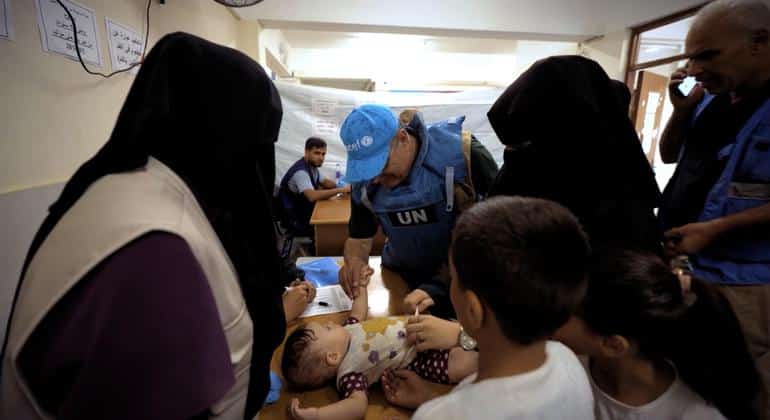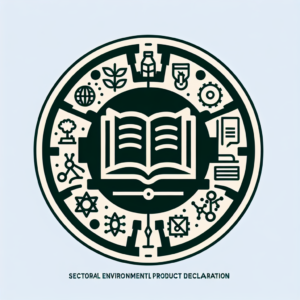Here’s the translation into American English:
—
Israel has blocked more than one million syringes intended for the childhood vaccination campaign in Gaza, according to reports from UNICEF. This obstruction, along with the withholding of nearly one million bottles of baby formula, complicates the vaccination of over 40,000 children who have not received their routine doses due to the war.
Since August, the UN agency for children has been awaiting the necessary permits for the entry of syringes and solar-powered refrigerators. Ricardo Pires, a UNICEF spokesperson, explained that Israel classifies these items as “dual-use” due to their potential military applications, which complicates their authorization and oversight.
Before the conflict began, vaccination coverage in Gaza reached 98%, but it has fallen below 70%, posing a serious risk to public health. This critical situation is exacerbated by recent reports from the Gaza Ministry of Health, which have documented at least three deaths at the hands of Israeli forces in the last 24 hours, amid ongoing attacks despite the ceasefire in the region.
In a broader global context, sexual violence is being used as a weapon of war in Sudan. UN Women has warned about the increasing systematic use of rape against women in remote areas like Darfur and Kordofan. Anna Mutavati, the organization’s regional director, highlighted the severe lack of safe spaces for women, describing their bodies as “crime scenes.”
Additionally, there is a warning about the rising demand for air conditioning, which could triple by 2050 due to extreme climate conditions and population growth. The most significant growth is expected to occur in Africa and South Asia, potentially doubling greenhouse gas emissions related to cooling.
On the national level, a UNICEF study in Spain revealed that 9% of children have faced pressure to send sexual photos online, with six out of ten children admitting to having spoken with strangers online. This analysis, which covered nearly 100,000 teenagers, also indicates that 70% of respondents do not talk about sex at home, and that pornography consumption begins, on average, at 11.5 years old.
Source: MiMub in Spanish











